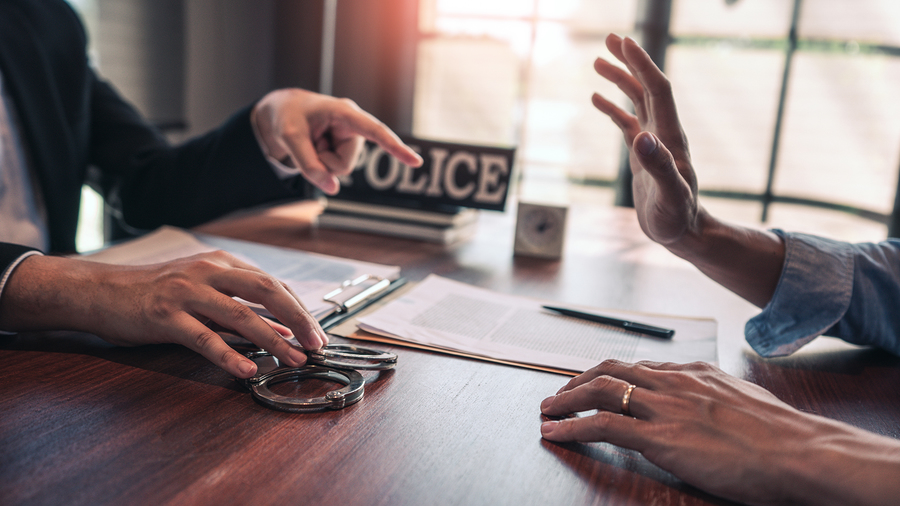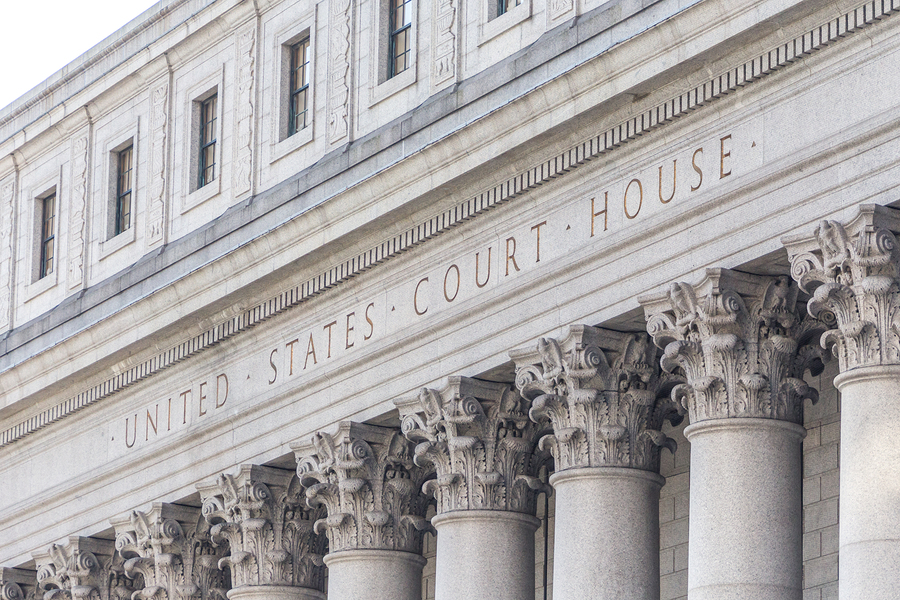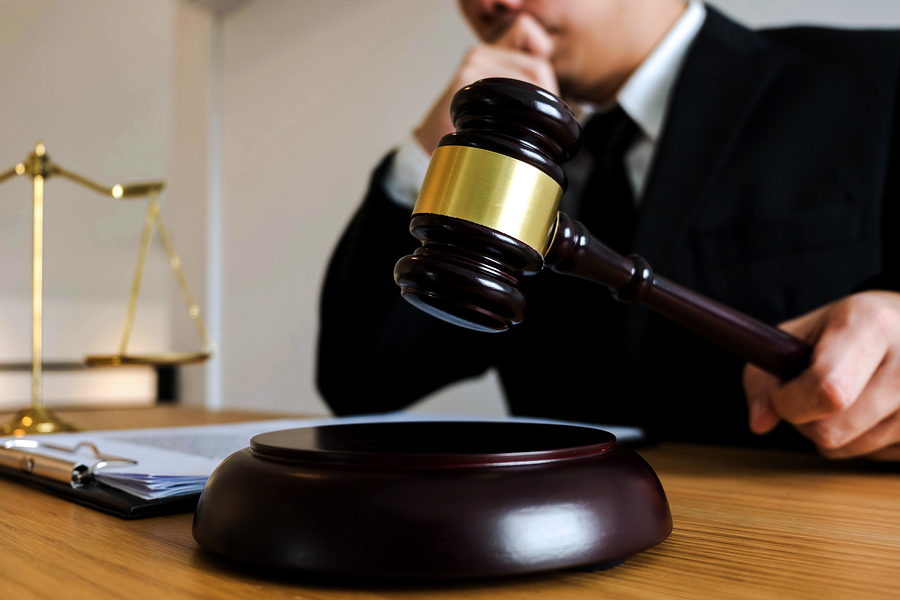When a defendant is facing criminal charges on a federal level, they may benefit from a legal contract known as a proffer agreement. Continue reading to learn what a proffer agreement is, how it works, and when you might need one as a defendant in a federal court.

Proffer Agreement Basics
Law enforcement agents are required to interview, or interrogate, defendants in a federal case for the purpose of getting them to admit guilt and divulge all the information they related to the crime. Often times, defendants use this opportunity to get a reduced sentence for themselves. They assist the law enforcement agency and the U.S. prosecuting attorney in convicting other defendants in the criminal case or community by providing substantial and incriminating evidence in the form of information, video, documents, records, emails, testimony, and more.
However, this arrangement tends to cause anxiety for both the defendant and their legal team because they fear this information can be later used against them at trial to worsen their conviction and subsequent sentence. This is where proffer agreements come into play. A proffer agreement is a written, limited-immunity indenture between a defendant and a prosecutor that decrees any statements made by the defendant to law enforcement agents may not be used by the prosecutor to their detriment later on, so long as their statements match what they tell the jury at trial.
Reducing Your Criminal Sentence With a Proffer Agreement
Your eligibility for entering a proffer agreement with the United States prosecuting attorney depends on various factors. For instance, defendants charged with violent crimes are not qualified for limited-immunity arrangements. Furthermore, if your criminal case starts and stops at you, law enforcement and prosecution would have no need for further evidence or information that would incriminate others in your case.
Your best source for learning more about reducing your criminal sentence is a local and trusted criminal defense lawyer. They have the knowledge and resources to discuss your charges in a language you can understand, and build a defense that will help you avoid the maximum penalties for your criminal charges.
Who to Trust for Skilled Federal Criminal Defense in Indiana?
Call David E. Lewis, Attorney at Law, at 317-636-7514 if you have been charged with a felony crime in Indianapolis or within the Central Indiana counties. Our law firm offers aggressive and experienced federal criminal defense for anyone facing felonies in Indiana. Don’t settle for an attorney that doesn’t have the drive. Attorney David E. Lewis will stop at nothing to protect your rights and preserve your freedoms. We also offer criminal record expungement services to help clean up your criminal history and improve your quality of life!










